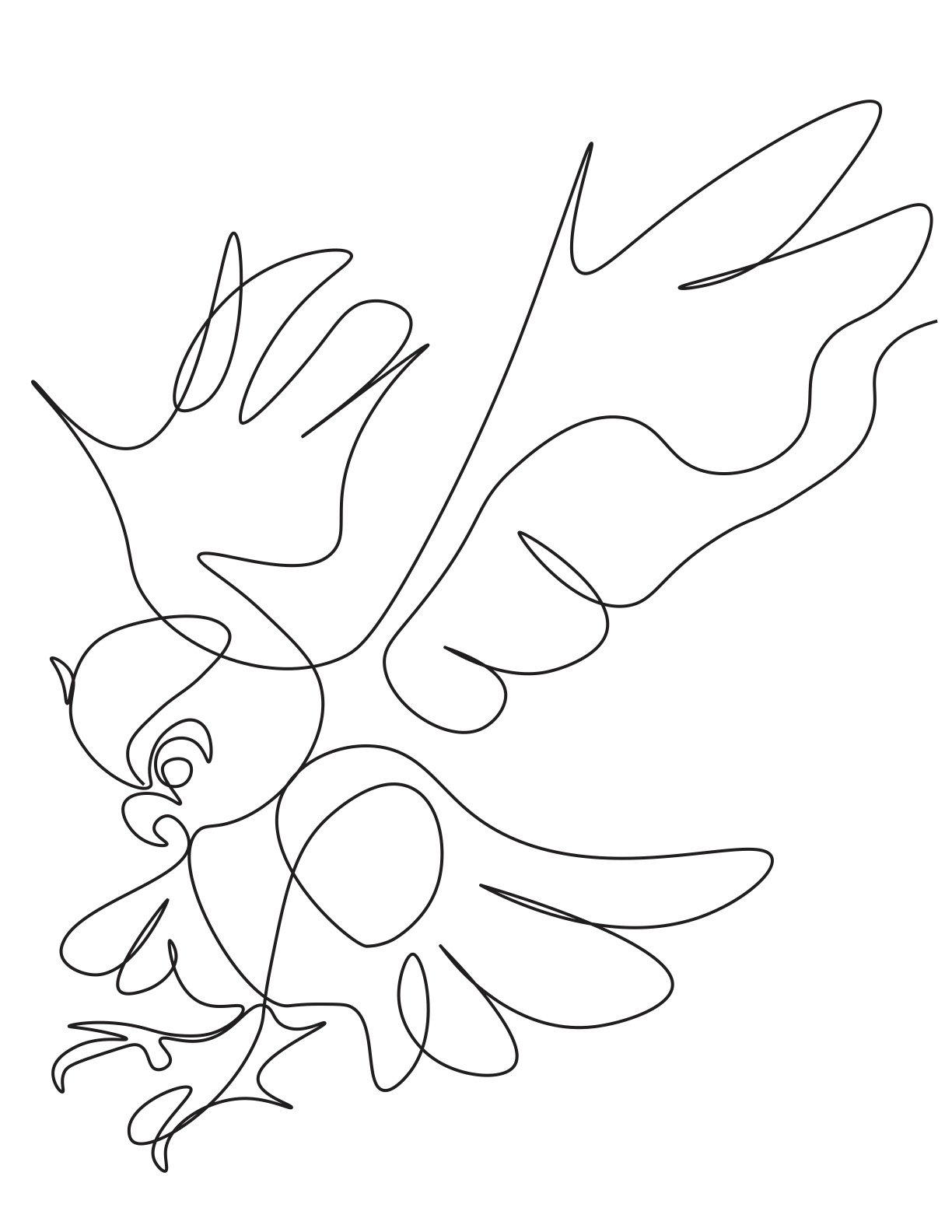Covering the Cover Letter
By Giannina Ong
This is a hot topic for seniors and those seeking internships: what to write about in your cover letter/personal statement. There are, of course, differing opinions, depending on the industry you see yourself in.
From my experience in the retail industry, I've been given two kinds of advice: (1) "We don't read them” and (2) "Don't make spelling errors." Furthermore, for some jobs, the cover letter is not the entry point but instead a deciding factor — when two identical resumes come in, a cover letter could shift the winds in your favor.
If you are pursuing academia or further education, you will need to write a personal statement. Either way, you should still write a solid letter whether it will be seen or not. Advice from a professor was to keep these three things in mind:
1. What do you have to bring to the table?
2. What do you want?
3. What are you going to do with it?
Number one is pretty simple: tell the reader who you are, BUT in the context that will be applicable to the reader. If you are applying for a sales job, don't tell them about the time you jumped off a cliff unless it is for an outdoor retailer or if you are literally selling cliff jumping passes. Or, if you are applying to be a social media intern for a clothing brand, discuss yourself in the context of clothing and fashion, but more importantly your knowledge of social media.
Number two can be either tricky or simple: state the job you want, or if it is a personal statement, state your interests or your area of study. If you are going into research, you might want to study up on the topic of your choice.
Number three is where the imagination comes in: where is this opportunity going to take you, and how will this fit into your life? From a social justice angle, how will this opportunity help you change the world?
My last piece of advice would be to be yourself, but if you are a wordy English major like me, then "Keep it simple, stupid!" (KISS). Good luck with essays and remember to always save and write multiple drafts. Who knows, maybe some of the bad drafts could lead to a great piece of nonfiction work you could submit to the Santa Clara Review!
